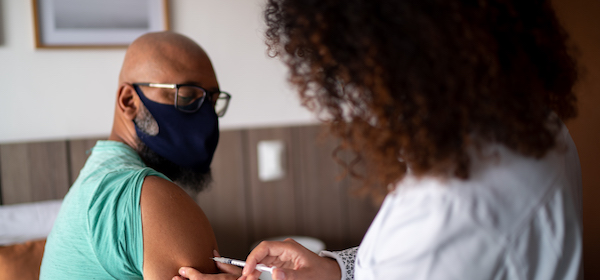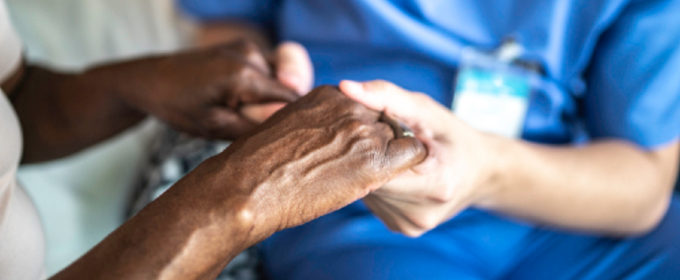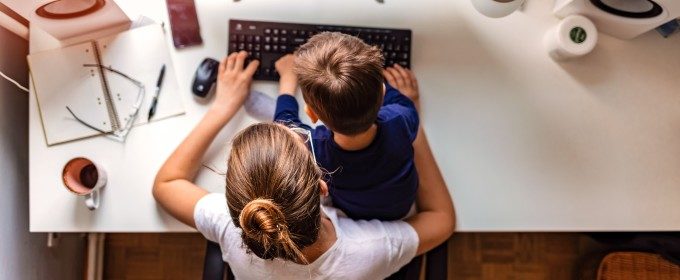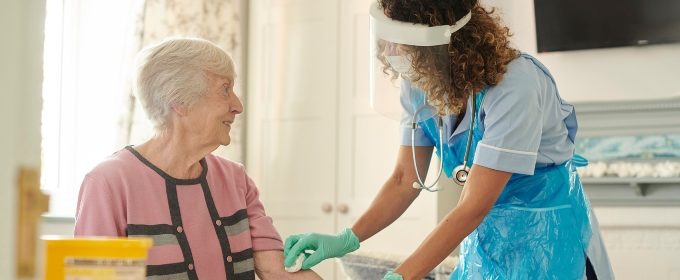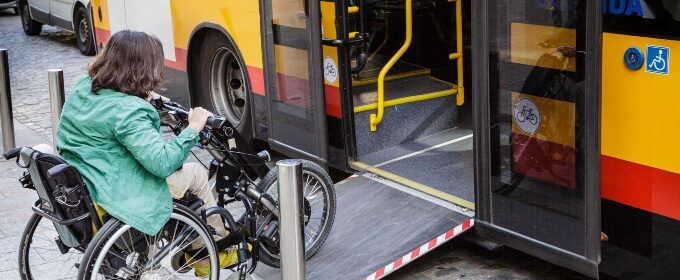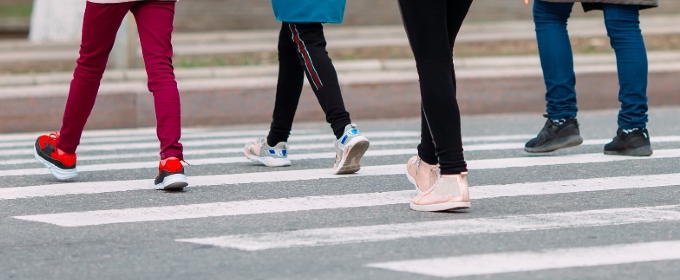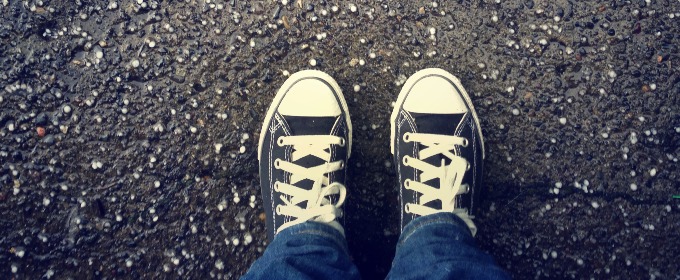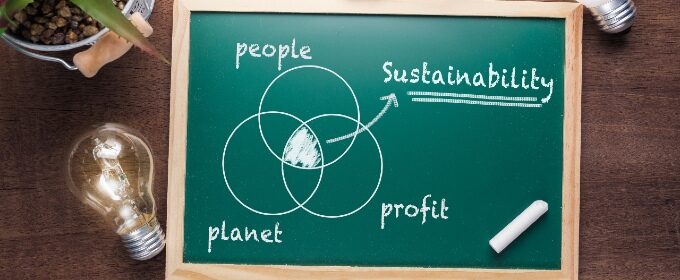On January 13 2021, it was reported that more than 100,000 people had died from coronavirus in the UK, with the figure for that day alone being 1,546 deaths. The UK has one of the worst coronavirus mortality rates in the world, at 151 per 100,000 people but now the roll-out of the vaccination is […]
